Rouben Mamoulian
Rouben Mamoulian was the last surviving founder of the Directors Guild of America.
Mamoulian was born in Georgia and trained as an actor at Moscow Art Theatre. He relocated to England as an adult and directed his first English-language play in London in 1922. In 1923, he left for the United States to spend three years at Eastman Theatre in Rochester, N.Y. He became a director in residence at the Theatre Guild in New York in 1926 and directed the drama "Porgy" and the George Gershwin opera "Porgy and Bess" that grew from it.
Paramount founders Adolph Zukor and Jesse Lasky lured Mamoulian into the movies, and he directed his first feature, the early talkie "Applause," for Paramount in Astoria, N.Y., in 1929. He went on to direct the famous 1932 version of "Dr. Jekyll and Mr. Hyde," which brought Fredric March an Oscar, and the 1932 classic "Love Me Tonight," with Maurice Chevalier and Jeanette MacDonald.
His last film was the musical "Silk Stockings" in 1957 with Fred Astaire and Cyd Charisse.
Equally at home on the stage, Mamoulian's landmark musicals included "Oklahoma!" and "Carousel" in the 1940s. Later, he collaborated as a writer on several Broadway productions and in 1965 published "Hamlet Revised and Interpreted," a drama textbook.
Many of his films introduced striking new images to moviegoers, such as a scene with Greta Garbo in "Queen Christina" in which she lovingly stroked inanimate objects, remembering a past love affair. In "Blood and Sand," starring Tyrone Power, many scenes echoed the style of painters Goya and El Greco.
His first film, "Applause," is credited with helping to reestablish film as a visual medium capable of extraordinary power.
He rejected the then-popular technique of enclosing cameras in soundproof booths — a practice that affected the texture and look of early sound films. Instead, he employed a camera that could be moved about freely.
Many critics believe his flair for invention was at its height in "Love Me Tonight," in which he interwove musical numbers by Rodgers and Hart with a classically witty script and off-camera sound tricks.
Mamoulian and 10 other directors, in a historic meeting at the home of King Vidor in 1936, organized what later became the Directors Guild of America.
The studios were resistant to the idea of creative protection for directors, so Mamoulian, Vidor and others individually wined and dined the top directors, eventually attracting more than 40 to their group.
They demanded official recognition from the producers association before the National Labor Relations Board and finally prevailed.
Related stars
|
|
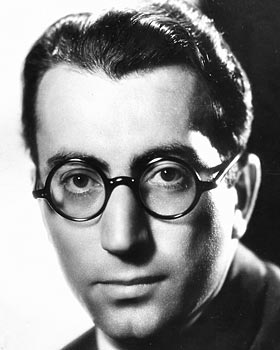
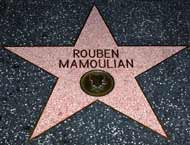
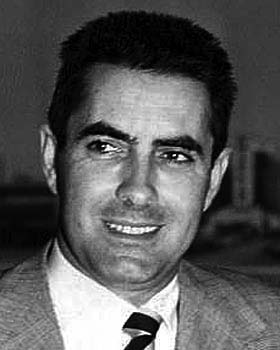
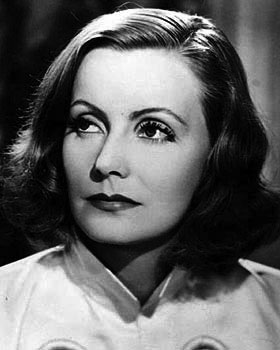

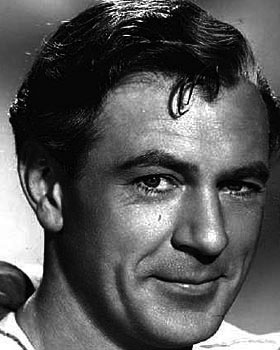

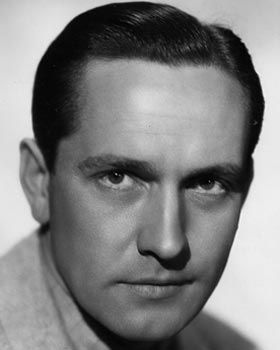
One thought about Rouben Mamoulian
Share a thought about Rouben Mamoulian